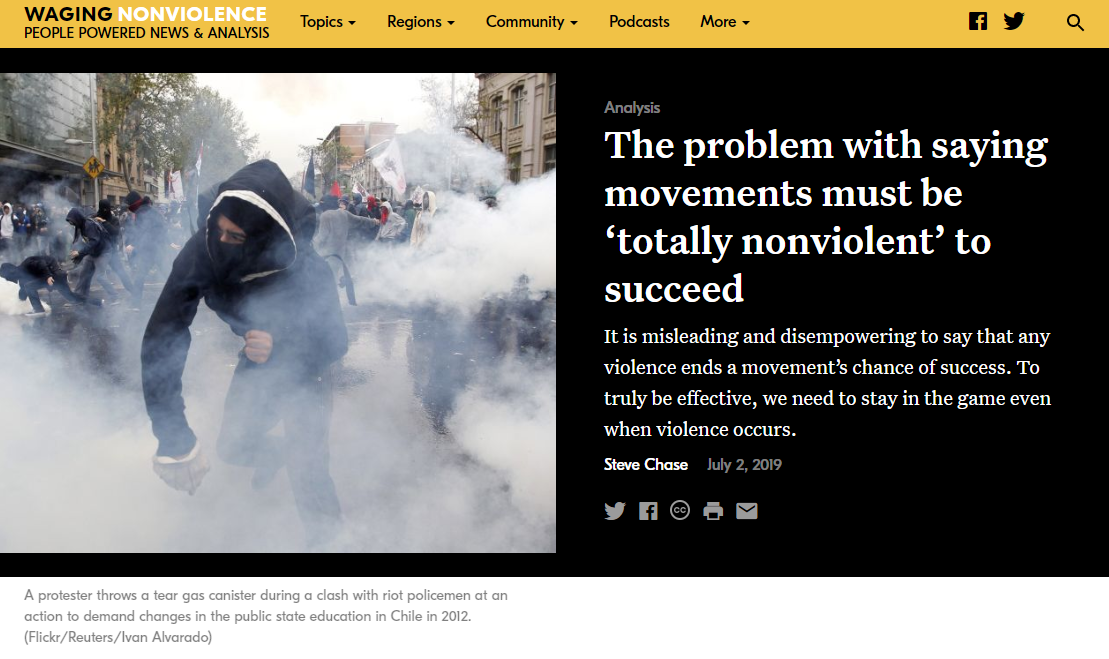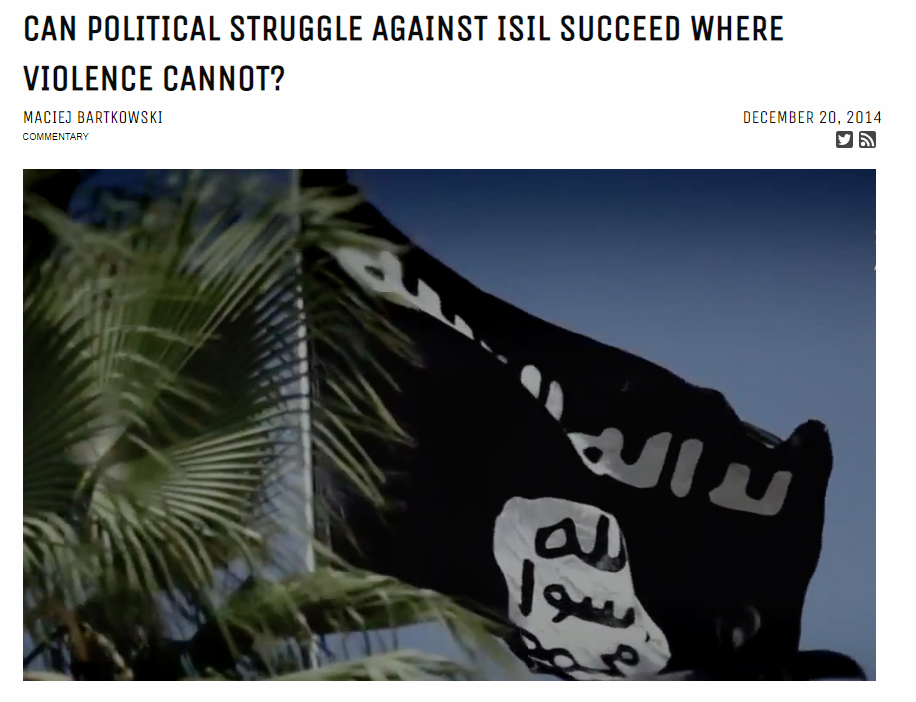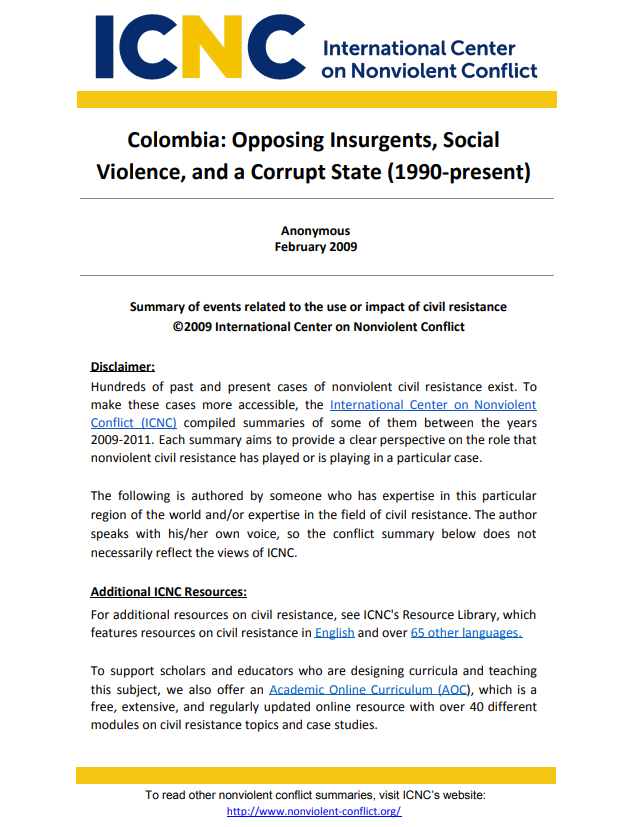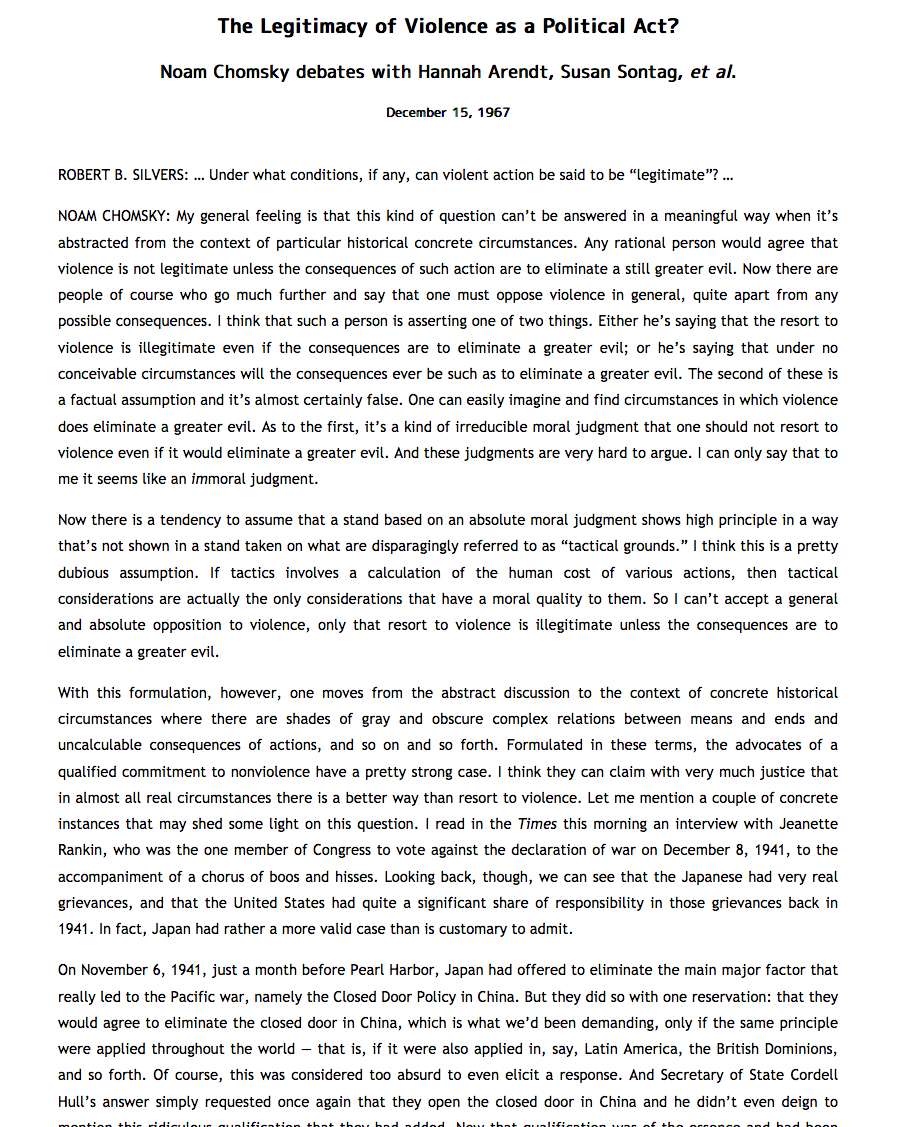
The problem with saying movements must be ‘totally nonviolent’ to succeed
Steve Chase of ICNC critiques a claim within Bill Moyers’ classic 2001 book ‘Doing Democracy: The MAP Model for Organizing Social Movements’ that social movements need to be totally nonviolent to be successful.
Instead, Chase writes, activists need to “stay in the game,” even when they face power-holder repression or when people sympathetic to a movement, or agents provocateurs, engage in political violence.
link to ‘Doing Democracy: The MAP Model for Organizing Social Movements’
Published by wagingnonviolence.org
July 2, 2019



